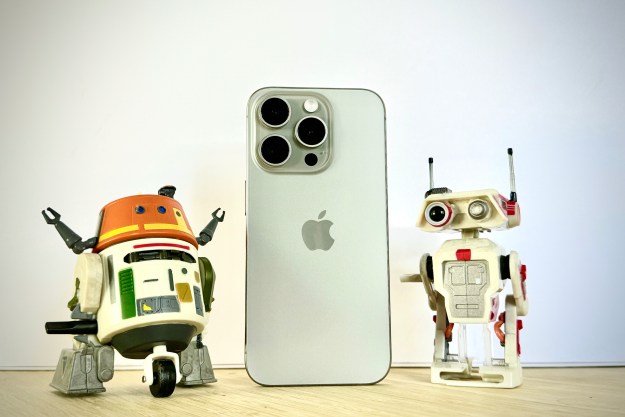
Facebook’s Graph Search announcement met with an outsized response from the tech press this week. Those of us who wanted a Facebook phone – ill-advised as that may have been – came away somewhat disappointed by Mountain View’s foray into search. Others might see this as yet another step into Facebook’s vision of total online hegemony, turning the social network into the de facto Internet.
The fact remains, however, that Graph Search is a confusingly desktop-only affair right now. We’ve been told that Graph Search will hit mobile “tomorrow” (figuratively, not literally), but for a company that Zuckerberg has characterized as “really a mobile company” those innovations need to be happening right now. Right where most of Facebook’s users can see them.
Recommendation Engine par excellence
There’s no question that Facebook is taking on the Web at large with this new effort. LinkedIn, Yelp, Foursquare, and even OkCupid have a few things to worry about since Facebook has now planted itself firmly in all their wheelhouses.
But where Facebook may face obstacles disrupting online recruitment and dating – put simply, it’s a whole lot easier to search for a stranger than to message one – local search is where it can bury the competition.
Presently, Facebook has more than 1 billion users. 600 million of those are mobile users, and roughly 100 million only use the site on their mobile devices. Such users will want to find the best restaurants and best night spots, not from home, but when they’re already out and about. Facebook can accomplish that with ease, having already scaled to meet that potential demand; the platform is already advertising Graph Search as something businesses should be very, very interested in utilizing. The site also already has a check-in function, as well as the newly implemented Nearby feature. With the power of Graph Search, users needn’t reference Foursquare or find places on Yelp. Facebook will have locked them in as soon as they step out the door.
Your new phone book
With yesterday’s rollout of free calling via Messenger for iPhone, Facebook can now officially stand alongside the likes of Skype as a true VoIP solution. The ramifications of this step are huge, as Facebook’s community dwarfs Skype’s, and free calls over Wi-Fi or data gives people the means to save a ton on cell service. The iPhone is now as close to a bonafide Facebook Phone as we’re going to see, and the feature can’t be far behind for other platforms.
Merging search into such a product is a no-brainer. Your contacts and your favorite places are only a few clicks away. All that’s left is video calling. But guess what: Facebook already has a deal with Skype to make that happen on the desktop. Adding mobile to the mix could create a perfect storm that changes mobile telephony in a big way.
Voice search
Mark Zuckerberg made much of the fact that Graph Search understands natural speech when you enter queries. “Costa Rican men living near New York City” could seriously be something you could search for on Facebook, and Graph Search will deliver. I’m not saying you should do a search like that, but you could and that’s a powerful thing.
But what sense is there using natural speech if it can’t be spoken? Facebook would be in a place to compete with the likes of Siri and even Google Now by making search voice-ready. Of course, the engineering to bring such a project to fruition would outstrip what Facebook has already accomplished with Graph Search. Still, it should be on the radar for the next step in their plan for world domination improving the user experience.
Ads ads ads
And isn’t this the entire point? Facebook, like its arch-nemesis Google, is now an ad company, and its greatest strength is in serving ads to its now more than one billion customers. There’s simply no way to pretend that the search queries users will pump into Graph Search won’t be used to better connect people to services, companies, and experiences according to their Likes, wants, and needs.
Facebook, for its part, can’t pretend that computing is stagnant. People have increasingly begun to enjoy everything they have to offer on their smartphones and tablets. The app economy is entrenched, and Zuckerberg and his ilk would be foolish to leave money on the table for very long. So much has already been said about Facebook’s need to innovate. The developers in Mountain View need to understand that their revenue stream aren’t sitting at their desks anymore. They’re out in the world, and Facebook needs to meet them there.


